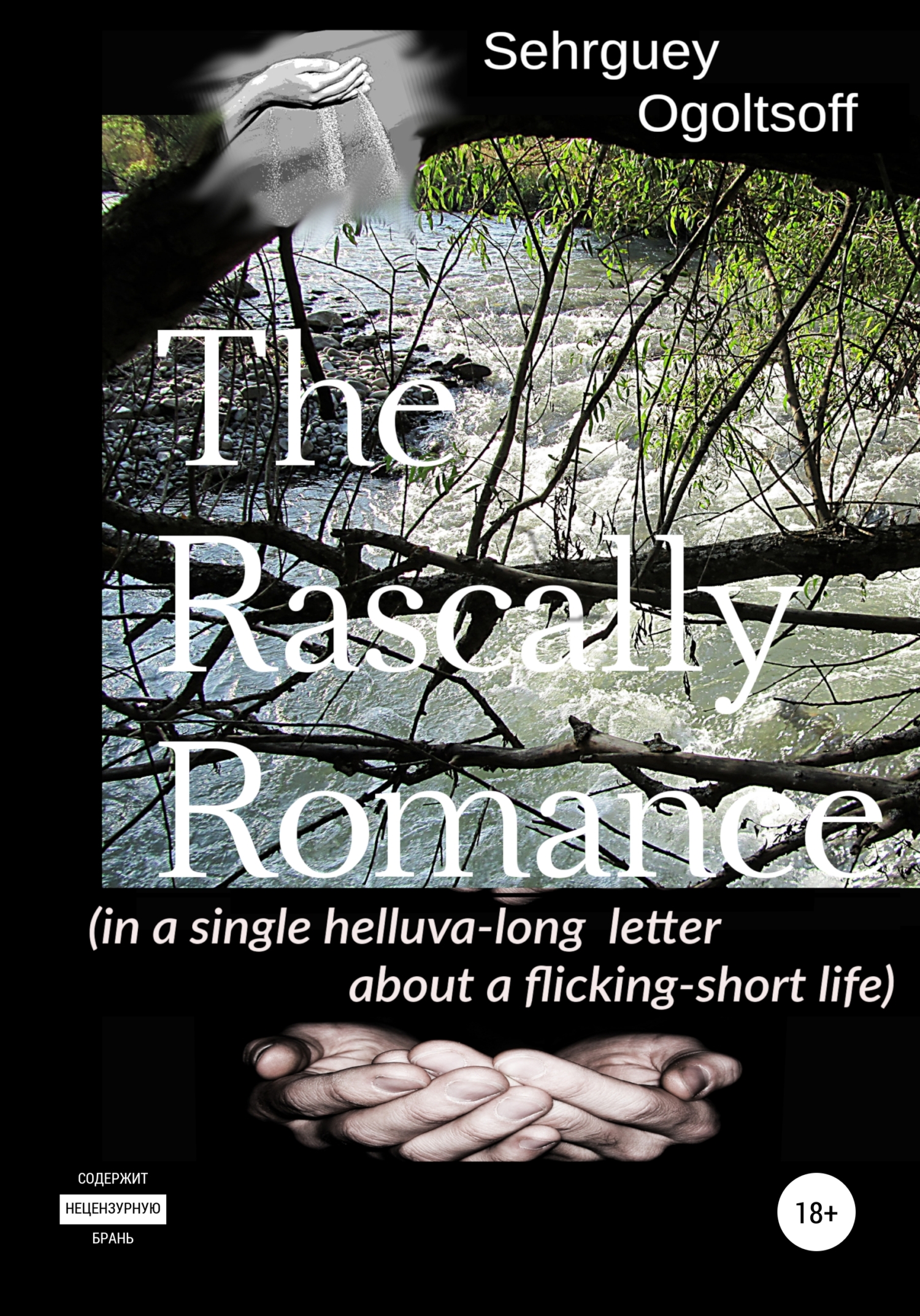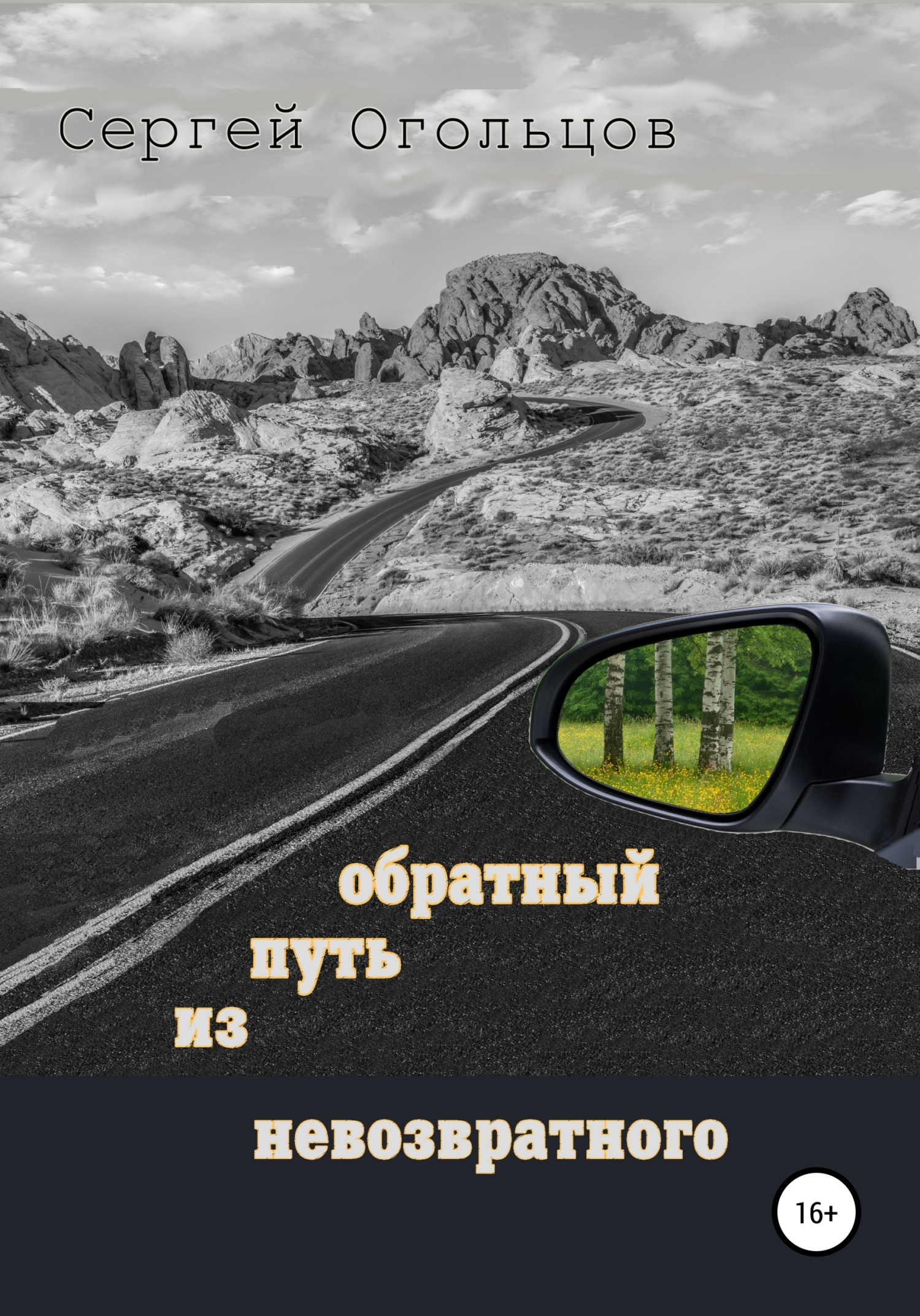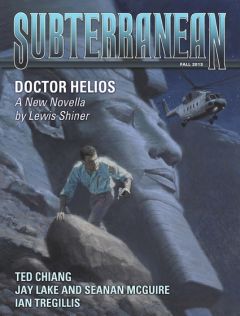dragged them straight to the Quonset Hut because it was 2 times closer than from the pressing section. That's why Valya, the weigher, gave me a pencil, and she instructed me to keep the record of the produced paper bales’ kilos, and at the end of working day hand her the list so that she would copy the figures into her ledger… And that very pencil made of me an irreparable graphomaniac case.
At first, I used it to write the columns of figures into the hardly started, yet discarded, copybook of the fourth-grade student Lyouba Dolya, picked up from the hillock of waste paper. But then, under creaks and groans of the slowly creeping press shield, the pencil suddenly, and completely of its own accord, wrote The Landscape, a short verbal picture with a puzzling punch line. I read that page from the schoolgirl’s copybook and saw that it was perfect. I did like it – not a word to be added or taken away.
The Landscape was followed with The Still Life against a winter background, and The Portrait from a summertime. Together with The Pastoral, they composed The Vernissage of four paintings.
But all that came later, because The Landscape was just the pencil's testing the water, after which it started to write the initial dialogue in the short story Sehryoga Drenches Horses or the summer piece. Later, there came the winter, spring, and autumn pieces comprising the collection The Four Seasons of a certain writer Bidlook.
Of course, not all of those works were finished with the same pencil, yet it served the spring-board to all what followed. The pencil put a spell on me, transformed me into a hypnotized zombie in order to use the prehensile capacity of my fingers as a holder while it went on writing, line after line, in other scraps of paper, because Lyouba Dolya's school copybook was soon over.
(…just think of it – some offal teeny stub of a pencil…)
When The Four Seasons pieces were finished, I wanted to see them in a typewritten form, yet felt strongly against going to the typist pool again, I didn't even know why.
In the one-room public library on the first floor of an apartment block in Zelenchuk Area, I discovered a typewriter with Ukrainian letters. There worked 2 librarians: a woman of retirement age, and a fat girl in glasses, like, a granddaughter of the senior lady, whom she called "granny" anyway. My attempt at borrowing the typewriter met a cold reception. They did not know what I was going to type while knowing that the KGB had stored a sample text written with their typewriter. The senior lady shared also that, by a tacit regulation, the KGB had a collection of samples by typewriters from all the city organizations.
Everything was extremely simple and logical, were I to type some anti-Soviet proclamations the organs in charge would immediately find out whom to catch by the gills.
(…it's nice to realize that you are protected by so shrewd organs…)
Then I asked for permission to type one story directly in their room, at the desk behind the bookshelves and I would leave the carbon copy by them. The lady shook her head in doubt, but the granddaughter persuaded her to allow.
Oh, my! What an up-hill job was typing! It took me 2 days off to tap thru one page and a half. Poor librarians! The knocking out one letter after another with my clumsy index finger had fretted their brains away for sure. The end product was still full of typos but the librarian girl liked it, although she had never in her life heard the colloquialism "to drench horses" and, reportedly, had to ask from her friends for elucidation…
That’s why I had to restore my relations with Zhomnir because once upon a time he proudly showed me a portable typewriter stored in his archive chamber… He could not lend it to me but, as a representative of the intellectual elite, was obliged to allow me solving my creative problems within his archive chamber. And Maria Antonovna had loved me anyway, all along. So I started visiting Nezhyn again, on weekends.
Zhomnir demonstrated the way of using all the fingers for typing with the typewriter. Maria Antonovna was making a bed for me on the folding coach-bed in their living room. I typed at nights and in the morning walked to the railway station for a cup of hot coffee. In the daytime, I went on typing on their tiny balcony. From the height of the fifth floor, I had a nice view of the green trees far below, and the red brick chimney of the stoker-house rising from among them. I watched the pigeon flock tumbling in the sky and tucked another sheet of paper into the typewriter.
I liked that way of life, although at times I remembered that it was Nezhyn and then the nostalgia welled up. Rather, I did not forget where I was, not even for a single moment, and the nostalgia retreated only before the clatter of the typewriter…
The final in the winter piece of The Four Seasons genuinely outraged Zhomnir, "Look! It's ridiculous! How could a man be such a fool!" But I was happy because he did not find faults with the language in my story, his scornful ire was kindled by the protagonist!
In the way of restitution for farming out his typewriter, Zhomnir, for ol’ time's sake, was passing English poems to me for translation. Kipling, Shelly, Frost… I was translating and bringing them back on weekends, but that does not count, I still kept writing poems of my own kicked out.…
By the Soviet labor legislation, every worker in the USSR enjoyed an annual vacation. In autumn I got it after eleven months of slaving at the recycling factory. I did not make plans on where to spend my vacation because I knew perfectly well where exactly I was going.
~~~~~
~ ~ ~ The Eastern Corridor
Thru condensed dark of expiring night, little by little begins



